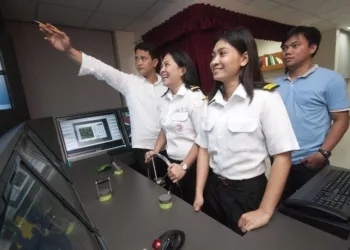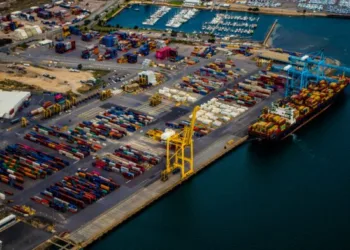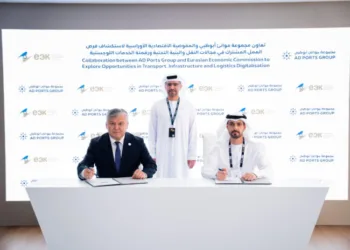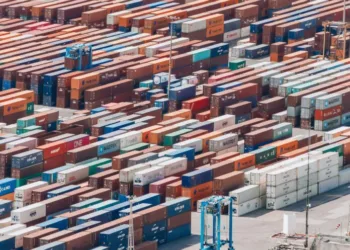Splash tackles one of the thornier issues facing the local maritime community in the latest instalment from our brand new Singapore Market Report magazine.
Singapore’s maritime hub status is unquestioned — but its shipping community is increasingly vocal about one factor it believes could undermine future competitiveness: immigration.
From shipmanagers to recruiters, industry leaders argue that Singapore’s ability to attract, retain, and integrate global talent is under strain from rigid policies and red tape. Their message is clear: if the Lion City wants to remain the world’s premier shipping hub, it needs to rethink how it handles foreign professionals.
“Let’s not sugarcoat it — talent is our greatest asset, but also our greatest bottleneck,” says Ryan Kumar, director at recruitment firm Direct Search Global. “We can move a vessel across the globe faster than we can bring in a candidate. Immigration approvals should match the pace of business.”
Kumar calls for “more agility, less red tape” and a sector-specific approach. “A seasoned technical superintendent or chartering manager isn’t growing on trees in Singapore. We need targeted flexibility for sectors facing real shortages. Many of the best people I place come from India, the Philippines, Europe, or the Middle East. They bring deep sector knowledge and commercial instinct. Let’s make Singapore the place where this talent wants to land — and can do so quickly.”
For BSM Singapore managing director Raymond Peter, the solution lies in precision. “A more dynamic Shortage Occupation List would be beneficial for businesses, particularly if it is more precisely defined for niche maritime-specific roles,” he says. “This is especially important in rapidly evolving areas like alternative fuels and maritime digitalisation. A more dynamic list would attract global specialists who are critical for the sector’s transformation.”
Bureau Veritas vice president for Southeast Asia, Drago Pinteric, echoes that call, arguing for a responsive, skills-based framework. “Such a system would enable companies to more efficiently bring in foreign professionals with specialised expertise in advanced technologies, complex supply chains, and emerging fuels – areas where local talent is limited.”
Union Marine Management Services boss Vinay Gupta stresses the importance of stability. “The driver of the maritime industry in Singapore is its human capital — yet the majority operate on employment or work passes, with little focus on long-term sustainability or succession planning,” he says. “A clearer path for expatriates in critical sectors to progress towards permanent residency would go a long way in attracting stronger talent, encouraging knowledge transfer, and ensuring continuity.”
Wilhelmsen Ship Management’s CEO and president, Haakon Lenz, is aligned. “Streamlining long-term employment and PR processes for skilled maritime professionals could help in long-term talent retention,” he says.
Others point to softer factors. Columbia Shipmanagement Asia CEO Demetris Chrysostomou argues that making life easier for families is key. “If we make it easier for families to settle, we make it easier for businesses to stay. Any form of assistance with housing, schooling, and integration would help attract and retain top international talent.”
Consultant Peter Schellenberger looks to Dubai for inspiration. “It is ok to check whether a Singaporean wants the job or is qualified, but otherwise open the doors again backed by contracts. One big other factor would be to give expats access to public schools as many families can’t afford to come.”
The common refrain across the industry is that Singapore risks losing its edge if talent flows slow down. “A country that wins the talent war will win the business game,” Kumar warns. “Right now, we’re still playing defence.”
For a nation that thrives on global shipping, the call from industry insiders is unambiguous: immigration policy must evolve as fast as the industry it serves.
To access the whole of Splash’s Singapore Market Report 2025 for free online, click here.




















